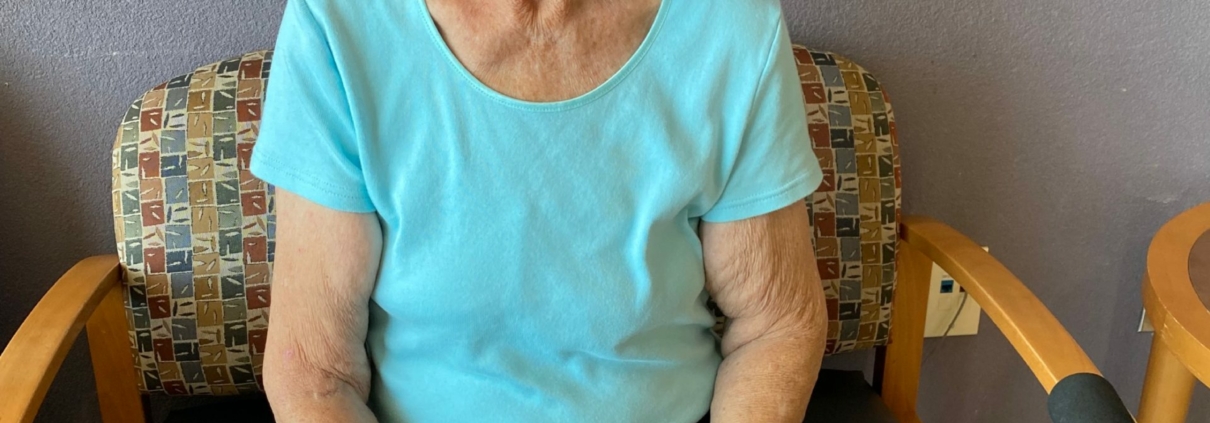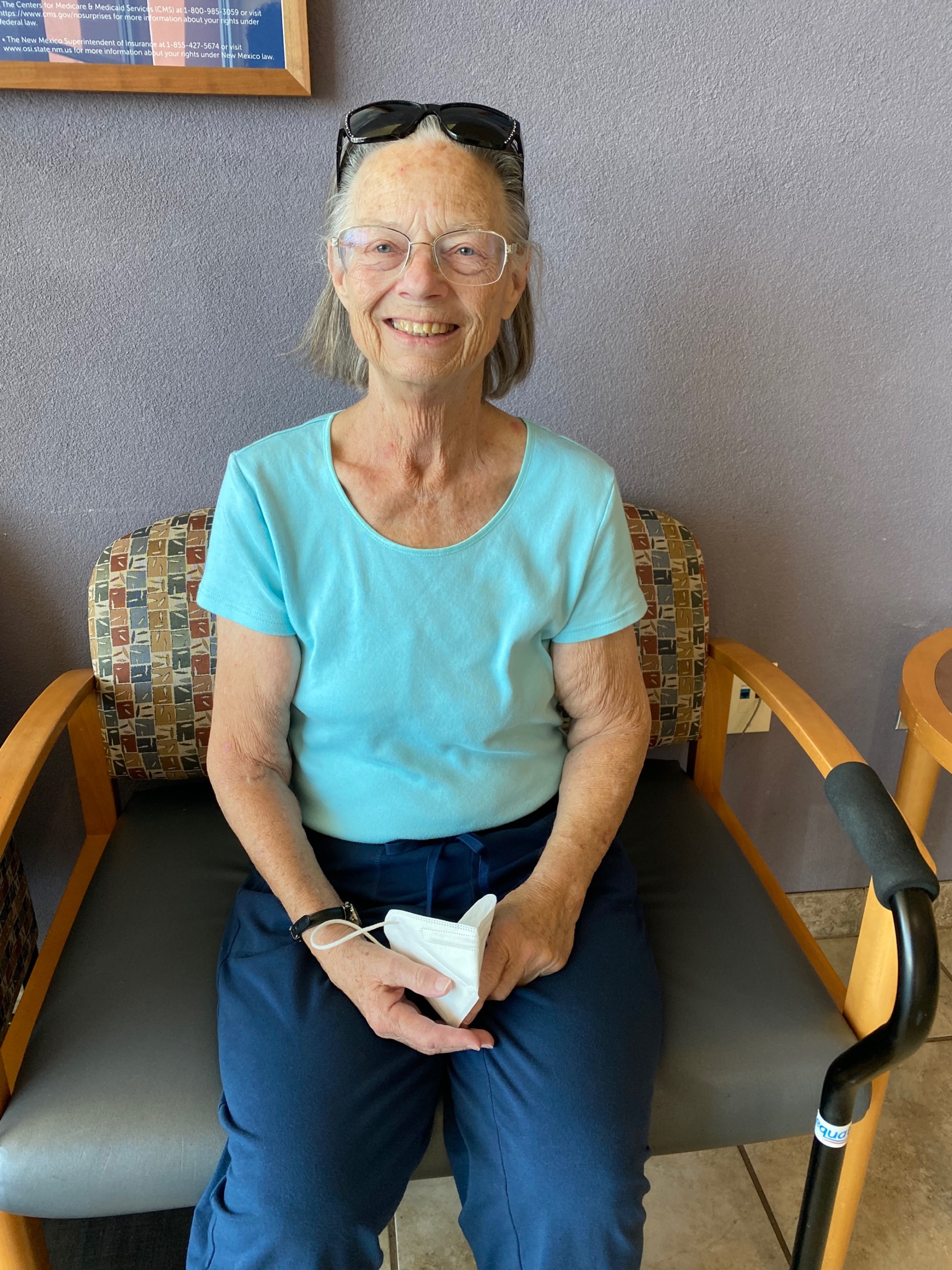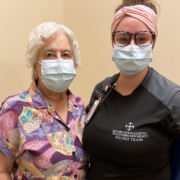Marilyn Watson
The night Marilyn Watson had a stroke seemed like any other. Marilyn and her daughter were grocery shopping at the local Walmart, as they had done so many times before. Marilyn had a faint dizzy spell but shook it off and continued down the aisle. A second one followed, but again, she brushed it off. They finished shopping and headed home.
The following day, Marilyn woke unable to move her right arm, which quickly progressed to her entire right side. Marilyn’s daughter rushed her to the emergency room, where tests revealed that Marilyn had a stroke.
The diagnosis left Marilyn with many thoughts. “How could I have had a stroke?” she wondered. Marilyn was an avid reader, a retired music teacher, and a choir singer. She attends a book club at her church and just got a new apartment. “Why was this happening to me?” Marylin continued to ponder as she traded in her books for a hospital gown and wondered if she’d ever use her dominant right hand again.
Within a week, Marilyn was referred to Rehabilitation Hospital of Southern New Mexico (RHSNM). At RHSNM, Marylin received “intense, rigorous, much-needed therapy.” Initially, the therapy frustrated Marilyn, as it didn’t come easy.
Then, Marilyn recalled the advice of her priest that “attitude affects outcome.” That was all the encouragement she needed to get her head in the right place. Marilyn set herself up for success and worked through her rehabilitation program. She attended the on-campus stroke support group and continued trucking along. Her progress was significant and visible to everyone.
Though she credits her priest for the shift in her mindset, Marilyn also gives immense credit to the therapists at RHSNM for her progress. “I wouldn’t be where I am today without the incredible support of every therapist here, especially Art from occupational therapy,” she noted. “Even on my smallest accomplishments, they were my biggest cheerleaders.” No compliment was left unsaid, and no encouragement left unnoticed. “I am forever grateful for how personalized every aspect of my stay was, from the food I ate to the therapy specific to me. I cannot express enough how well-treated I felt here. Like I was family.”
With a new outlook on life, Marilyn remains hopeful for the future. Though she hasn’t gained full use of her right arm yet, Marilyn continues to work hard in outpatient therapy. “I just have to learn everything a little differently now.”
Marilyn is most looking forward to moving into her apartment and becoming independent once again.







Leave a Reply
Want to join the discussion?Feel free to contribute!